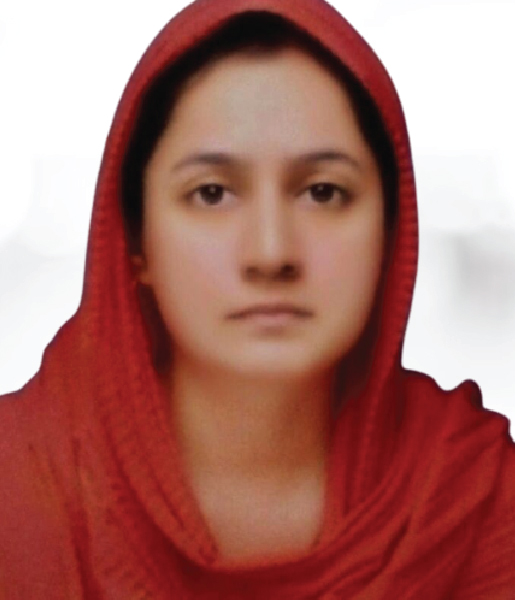
Professional medical service of Gynecologists:
Welcome to our Gynecologist In Lahore. Our team of experienced and compassionate gynecologists is dedicated to providing comprehensive care for women’s reproductive health. We offer a range of services tailored to meet the unique needs of women, promoting overall well-being from adolescence through menopause and beyond.
Advantages of Genecology Services:
Preventive Care:
Our gynaecologists emphasize the importance of preventive care to maintain optimal reproductive health. We provide regular check-ups, screenings, and vaccinations to detect and prevent gynecological conditions early on.
Women’s Health Education:
We believe in empowering women with knowledge about their bodies and reproductive health. Our gynaecologists offer educational resources, guidance on contraceptive methods, family planning, and menstrual health to support informed decision-making.
Diagnosis and Treatment:
Our gynaecologists are trained to diagnose and treat a wide range of gynecological conditions, including menstrual disorders, sexually transmitted infections, pelvic pain, infertility, and menopause-related issues. We utilize advanced diagnostic techniques and evidence-based treatments to provide comprehensive care.
Reproductive Health Management:
From contraception to preconception counseling, our gynaecologists offer guidance and support for managing reproductive health at every stage of life. We provide personalized recommendations and options to help women make informed choices about their reproductive goals.
Compassionate Care:
We understand that gynecological health is deeply personal and can be accompanied by emotional challenges. Our team provides compassionate and confidential care, ensuring that each woman feels comfortable, heard, and respected throughout her journey.


Health Tips & Info:
Schedule Regular Check-ups:
Regular gynecological check-ups are essential for early detection of any potential health issues. Make sure to schedule routine visits with your gynaecologist based on your age and health history.
Practice Safe Sex:
Use barrier methods, such as condoms, to protect against sexually transmitted infections. If you are sexually active, consider regular screenings for STIs.
Menstrual Health:
Pay attention to your menstrual cycle and report any irregularities, heavy bleeding, or severe pain to your gynaecologist. Maintain a healthy lifestyle with regular exercise, balanced nutrition, and stress management, as these factors can impact menstrual health.
Pregnancy Planning:
If you are planning to conceive, consult with your gynaecologist for preconception counseling. They can provide guidance on prenatal vitamins, lifestyle modifications, and fertility evaluations if needed.
Self-Examination:
Perform monthly breast self-examinations and report any changes, lumps, or abnormalities to your gynaecologist promptly. Early detection of breast conditions can lead to better treatment outcomes.
When should I schedule my first gynecological visit?
It is recommended to schedule your first gynecological visit between the ages of 13 and 15, or when you become sexually active. This allows for discussions on reproductive health, contraception, and any concerns you may have.
How often should I undergo a Pap smear test?
The frequency of Pap smears depends on various factors, including your age, medical history, and previous Pap smear results. Typically, it is recommended to start Pap smears at age 21 and repeat them every three years for women aged 21-65. Your gynecologist will provide personalized recommendations based on your specific needs.
What contraceptive options are available?
There are various contraceptive methods available, including hormonal options (such as birth control pills, patches, injections, and intrauterine devices), barrier methods (such as condoms and diaphragms), and permanent options (such as tubal ligation or vasectomy for your partner). Your gynecologist can discuss the options, benefits, and considerations to help you make an informed decision
How can I manage menopause symptoms?
Menopause symptoms can vary for each woman. Lifestyle modifications, such as regular exercise, a healthy diet, and stress reduction, can help alleviate symptoms. Additionally, hormone therapy or other medications may be recommended by your gynecologist to manage specific symptoms.
our team
Meet Our Best Specialist:
Connect with our team of highly skilled and experienced professionals who are dedicated to providing top-quality expertise and specialized care in their respective fields.
Dr. Samiya Iqbal Sahibzada
OBS &GYN

Dr. Maira Sharif
Obs&Gyn
